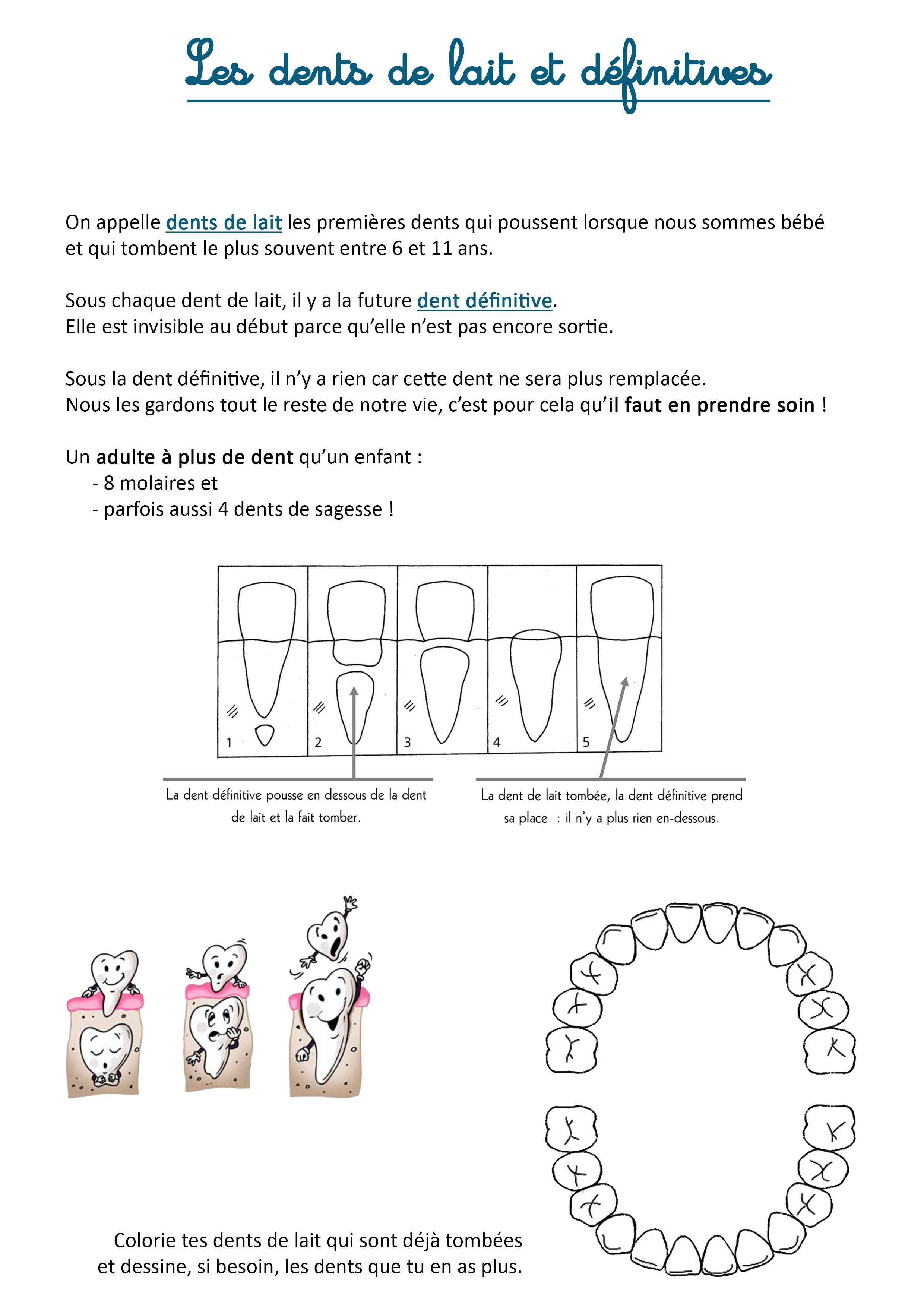My Wisdom Tooth Is Decaying
The dreaded wisdom tooth decay - a common plight for many individuals, often accompanied by a mix of anxiety and uncertainty. As we delve into the intricacies of this dental dilemma, it’s essential to understand the complexities surrounding wisdom teeth and the potential consequences of decay.
To begin with, wisdom teeth, also known as third molars, typically emerge between the ages of 17 and 25. However, for some, these teeth may never fully erupt or may become impacted, leading to a range of issues, including decay. The primary concern with wisdom tooth decay is that it can lead to painful infections, abscesses, and even more severe complications, such as cysts or tumors, if left untreated.
Understanding the Causes of Wisdom Tooth Decay
Several factors contribute to the decay of wisdom teeth. One primary cause is the difficulty in cleaning these teeth due to their location at the back of the mouth. This can lead to an accumulation of bacteria, plaque, and tartar, which, if not addressed, can result in cavities. Additionally, the shape and size of wisdom teeth can make them more susceptible to decay, as their structures may trap food particles and bacteria, further exacerbating the issue.
Another critical aspect to consider is the role of genetics in wisdom tooth decay. Research suggests that some individuals may be more prone to dental issues, including wisdom tooth decay, due to their genetic makeup. This highlights the importance of regular dental check-ups, as early detection can significantly impact the effectiveness of treatment.
Symptoms and Diagnosis
Recognizing the symptoms of wisdom tooth decay is crucial for prompt intervention. Common indicators include:
- Pain: A persistent ache or sensitivity in the area of the wisdom tooth.
- Swelling and Redness: Inflammation of the gums around the tooth.
- Bad Breath: Persistent halitosis that does not improve with regular oral hygiene.
- Taste or Smell: Unpleasant tastes or odors that linger.
Upon noticing these symptoms, it’s vital to consult a dentist. During the examination, the dentist will likely perform a visual inspection, take X-rays to assess the extent of the decay, and possibly conduct a gentle probe test to check for any sensitivity or signs of infection.
Treatment Options
The treatment for wisdom tooth decay depends on the severity of the condition. In cases where the decay is minimal and the tooth is fully erupted and accessible, a simple filling might suffice. However, if the decay is more extensive, a crown may be necessary to cover and protect the tooth.
For more severe cases, especially where the tooth is impacted or shows signs of infection, extraction might be the recommended course of action. This can be performed under local anesthesia to minimize discomfort. In some instances, especially if the tooth is partially erupted, the dentist might opt for a procedure known as coronectomy, where only the crown of the tooth is removed, leaving the roots intact.
Prevention and Maintenance
Preventing wisdom tooth decay involves a combination of good oral hygiene practices and regular dental check-ups. Brushing teeth at least twice a day, flossing once daily, and using an antibacterial mouthwash can significantly reduce the risk of decay. Additionally, a balanced diet low in sugars and acids can help maintain a healthy oral environment.
Regular dental visits are also crucial, as they allow for early detection of any issues. A dentist can provide personalized advice on care and maintenance, potentially including more frequent cleanings for individuals at higher risk of decay.
Conclusion
Wisdom tooth decay, while a serious concern, is a manageable condition with the right approach. By understanding the causes, recognizing the symptoms, and acting promptly, individuals can mitigate the risks associated with wisdom tooth decay. It’s also important to note that prevention, through diligent oral hygiene and regular dental check-ups, is key to avoiding the complications of wisdom tooth decay altogether. As with any dental issue, consulting a professional is the first step towards a healthier, happier smile.
What are the primary symptoms of wisdom tooth decay?
+The primary symptoms include pain, swelling and redness around the tooth, bad breath, and unpleasant tastes or smells. It’s essential to consult a dentist upon noticing these signs for proper diagnosis and treatment.
Can wisdom tooth decay be prevented?
+Yes, prevention involves maintaining good oral hygiene, including brushing and flossing, and making regular visits to the dentist. A balanced diet low in sugars and acids also plays a significant role in preventing decay.
What are the treatment options for wisdom tooth decay?
+Treatment options range from fillings for minor decay to crowns for more extensive damage. In severe cases, especially with impacted teeth or infection, extraction or coronectomy might be necessary. The choice of treatment depends on the extent of the decay and the overall health of the tooth.

